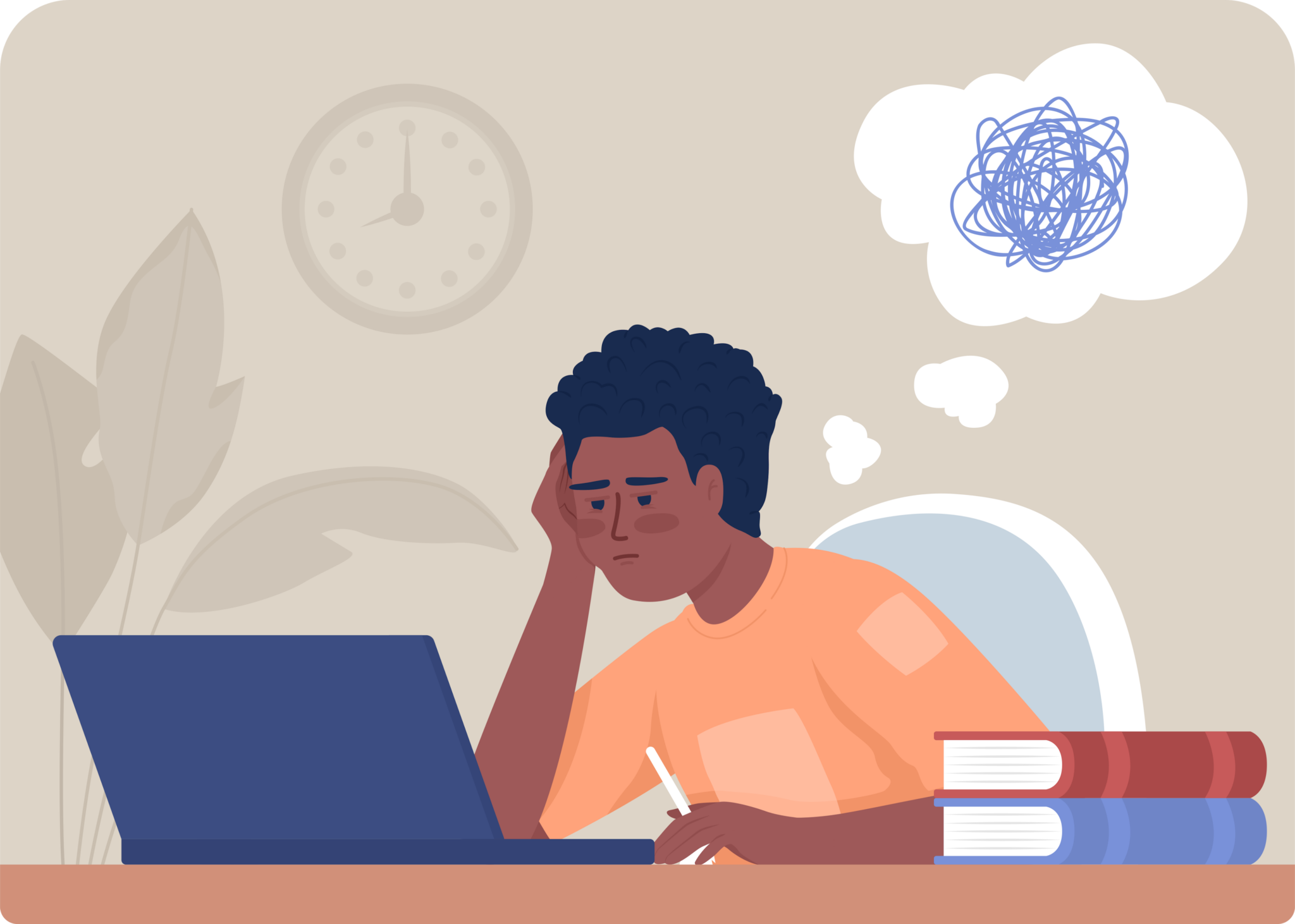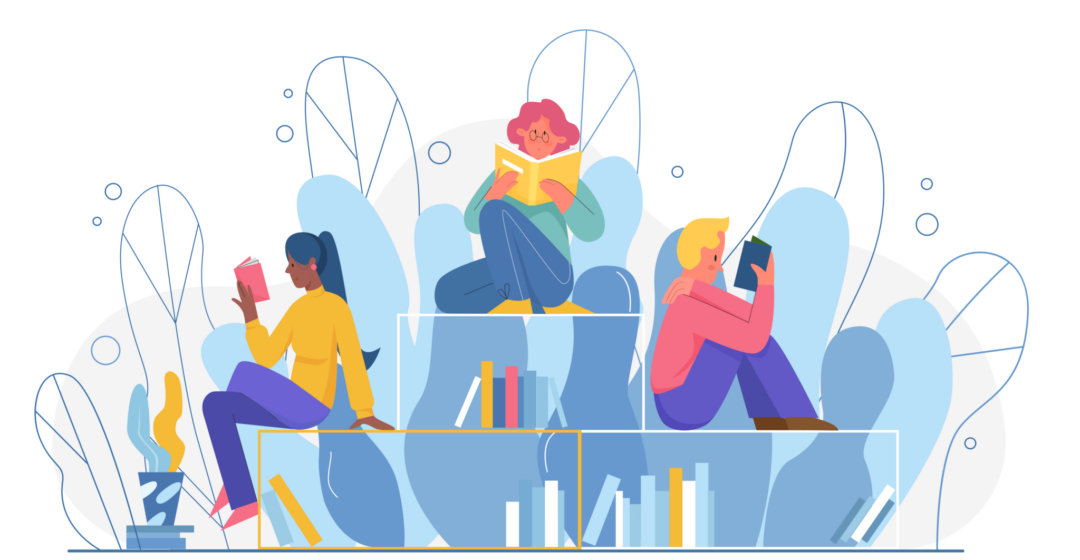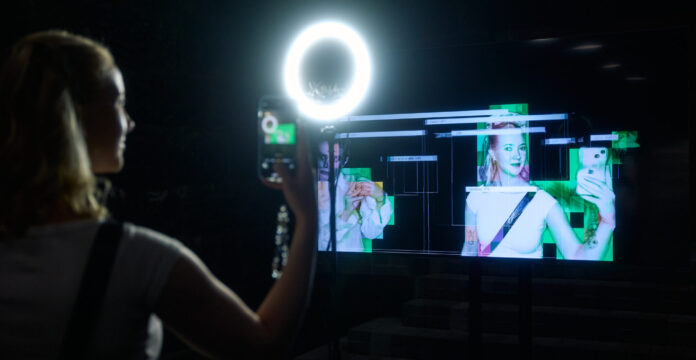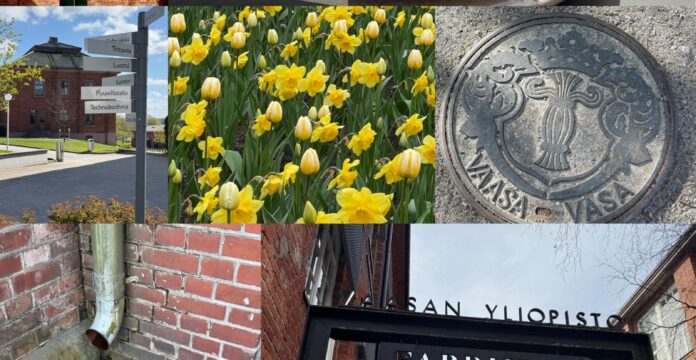By Heini Pensar
October at the University of Vaasa is dedicated to neurodivergence. Neurodivergent October is an important opportunity for us to highlight the significance of neurodiversity, as our diverse strengths and ways of thinking contribute to innovation and creativity. October is a special month, as it also marks the European ADHD Awareness Week and International Dyslexia Awareness Week. Neuro-friendliness refers to adapting environments and practices so that everyone has the opportunity to utilize their strengths and receive the necessary support for their challenges. Neurodiverse traits can pose challenges in studies, which is why this month we will focus particularly on solutions that support learning and working, taking into account the needs of different brains.
What does “neuro” and neurodiversity mean?
The term “neuro” refers to the nervous system and brain function. Neurodiversity describes the variety of brain functioning, which can manifest in different ways of reacting to stimuli, perceiving, processing, learning, and interacting socially. Traditionally, neurodiversity has referred to brain variations and the symptoms associated with them, which can be diagnosed as ADHD, dyslexia, or autism spectrum disorders. Symptoms may present as learning and concentration difficulties or challenges in social situations. Neurodiversity is also associated with many strengths, such as creativity and productivity. Therefore, we at the University of Vaasa wish to recognize and value these characteristics as part of our diversity.
It is essential to acknowledge that neurodiverse traits can impact studies, which is why providing the right support is crucial. Many individuals within the neurodiverse community may not receive a formal diagnosis, even though they face challenges in their daily lives. In Finland, approximately 8% of boys and 3% of girls have been diagnosed with ADHD, but ADHD symptoms may be present in as many as 7–11% of individuals. Estimates suggest that about 6–7 individuals per thousand exhibit traits of autism, and about 7% of the population experiences dyslexia. Understanding and supporting these unique traits is vital for the daily lives and success of students.
Challenges of Neurodiversity in Higher Education
Both international and national studies indicate that up to one-fifth of students experience learning difficulties. Higher education involves a significant amount of reading, writing assignments, time-limited exams, as well as concentration and sitting still, which can be particularly challenging for neurodiverse students. Difficulties with concentration, reading and writing challenges, stress, and sensory overload can make studying difficult and increase anxiety, while also undermining self-esteem. Neurodiverse students report these difficulties more frequently than their peers. Although awareness of the challenges of neurodiversity has grown, many students still feel they receive inadequate support. It is crucial that support services are accessible and easily approachable for all students.

Neurodiversity as a Strength
Neurodiversity enriches the university community. Different ways of thinking, learning, and problem-solving enhance the creativity and innovation of the community. Understanding and embracing neurodiversity opens up new perspectives. For example, traits associated with ADHD can bring quick problem-solving abilities, while individuals on the autism spectrum often possess a keen focus on details. In group work, where various ideas and skills are combined, neurodiverse traits can be a significant strength for the group’s outcomes.
However, leveraging these strengths requires an adaptable environment. It is essential that universities and workplaces support diverse learning needs and working methods so that everyone can utilize their potential in the best possible way.
An Adaptable Environment Benefits All Students – Not Just the Neurodiverse
At the heart of neuro-friendliness is the idea that the environment must be flexible and serve diverse needs. This involves adapting physical spaces, pedagogical methods, support services, and social acceptance. Such an environment provides a safe and inspiring space for learning, where every student’s strengths can shine. Pedagogical solutions, such as clear teaching materials, flexible assignments, and adapting the pace of learning, can support all learners.
What’s Happening in October?
In October, we will host events and launch services that support students’ well-being and learning. The “Brain Power” information series, which will be published in October, offers practical tips for studying, recovering, and preparing for working life. Starting in October, our students will have access to the Nepsy counseling service to assist with the rhythm of their studies and daily management. In some courses this October, students will have the option to choose a neuro-friendly lecture instead of a traditional one. These lectures will utilize various learning methods, and tools to support concentration will be available. Open neuro-friendly study sessions will provide students with the opportunity to advance their studies in a guided and supported manner. Additionally, a project to create a sensory-friendly space will commence in October, aiming to develop an area that meets the diverse needs of students.
Neuro-Friendly Afternoon
Neuro-Friendly October will culminate in the Neuro-Friendly Afternoon on October 29 at the Levón Auditorium. Experts from the ADHD Association, the Autism Association, and Datero ry will share insights on how to focus and succeed in studies despite neurodiverse traits, as well as what support and tools are available for learning. We will interview representatives from the city of Vaasa regarding accessible recruitment. Attendees will learn how to manage anxiety, reading difficulties, and concentration challenges in job searches. There will also be a student psychologist present, along with our own students representing the perspectives of the University of Vaasa Student Union. The event will be hosted by expert Jasmin Granholm and is open to everyone, with live streaming available online. The language of the event is Finnish, but the sessions will be recorded and later shared with English subtitles on the event web page.
Read more about the event: Neurodivergent Afternoon | University of Vaasa (uwasa.fi)
Be Part of the Change!
Neuro-friendliness impacts not only the neurodiverse community but benefits the entire community. Flexible learning environments, support services, and social acceptance help all students succeed and feel valued. Neuro-friendly solutions also foster well-being – when everyone receives the support they need and can utilize their strengths, the entire community thrives. This October, we celebrate neurodiversity and continue our work towards building a neuro-friendly university community. Join our events and be part of this important change! Together, we can create an environment where everyone can succeed on their own terms.





